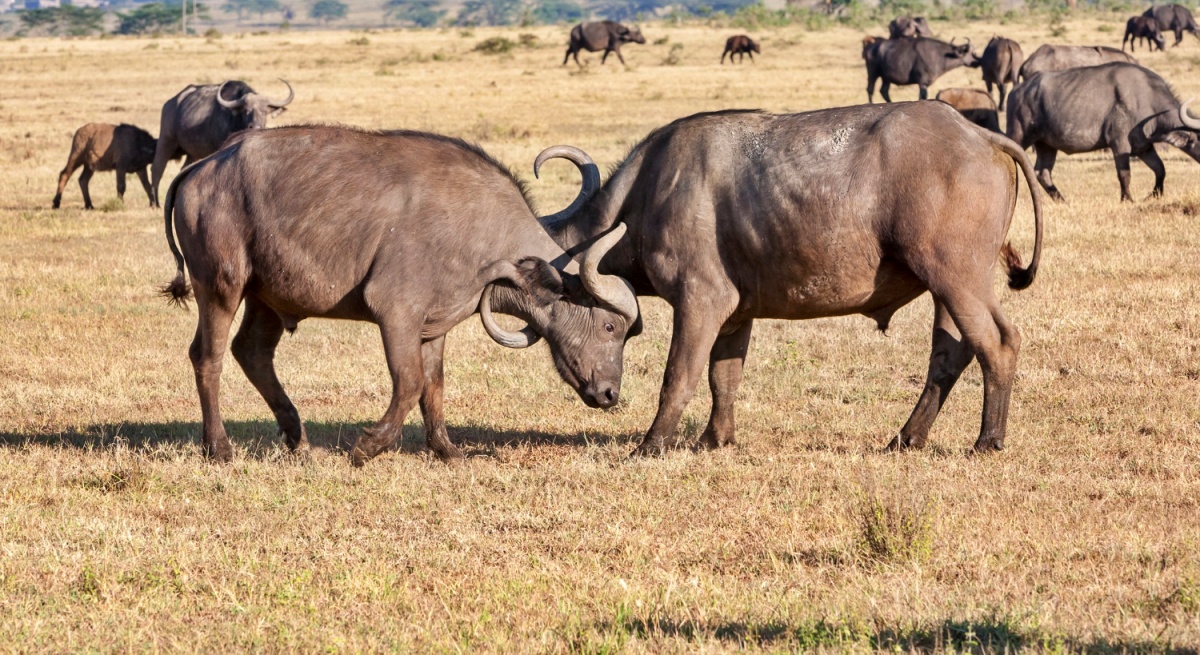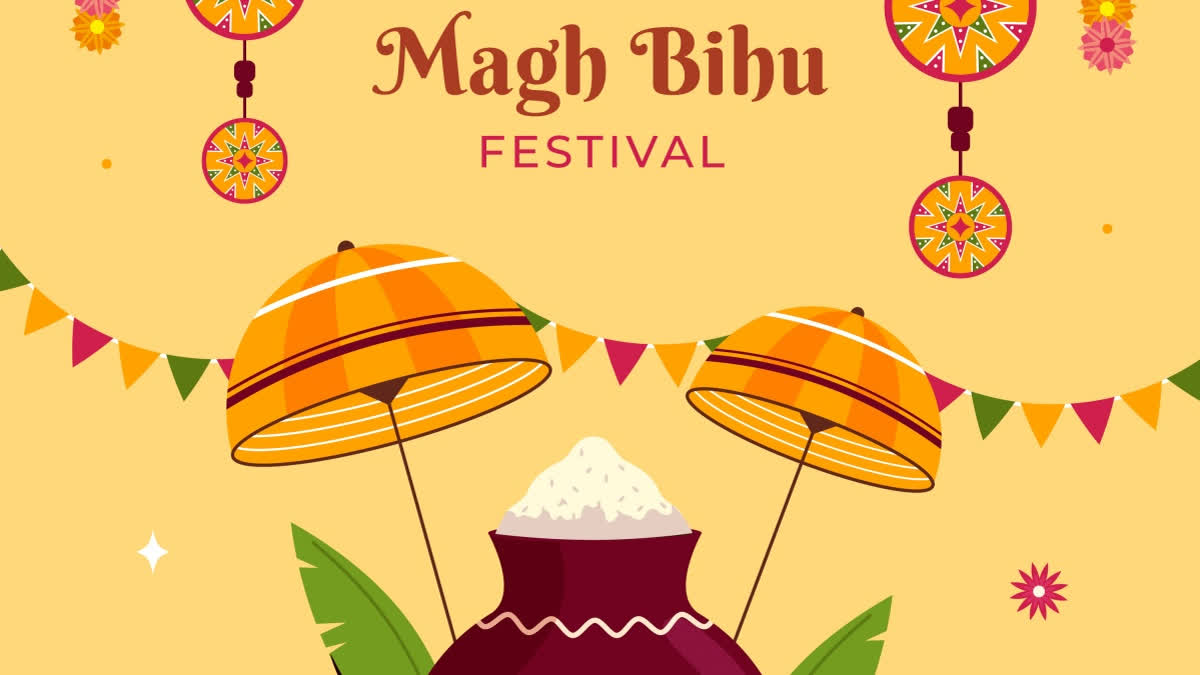A blindfolded man, stick in hand, stumbles forward with nervous anticipation. Suspended mid-air is an earthen pot (tekeli) containing an unknown treasure. The crowd roars with laughter and shouts directions: some helpful, others hilariously misleading. Then, with a single confident swing, the pot shatters, showering puffed rice and jaggery to the ground as the crowd erupts in cheers. This is Tekeli Bonga, the pot-breaking ritual of Assam’s Magh Bihu festival.
Tekeli Bonga is a moment that embodies the spirit of Magh Bihu: an occasion to laugh, play and share in the abundance of the harvest. But the intrigue of this quirky tradition is only the beginning. Beneath its playful exterior lies one of India’s most vibrant cultural events, steeped in ancient customs and reverence for nature.
Magh Bihu, The Festival Of Feasting And Renewal
Celebrated mid-January, Magh Bihu (or Bhogali Bihu) marks the end of the harvest season in Assam. It’s a time of gratitude for the abundance of the fields, expressed through Uruka, the night of communal feasting. Families and neighbours come together to cook elaborate meals in makeshift bamboo huts called bhelaghars, only to burn them the next morning in a symbolic gesture of renewal.
The Meji or the traditional holy bonfire set up is the most significant part of Magh Bihu. People light up the Meji on the morning of Bihu and take blessings. But Magh Bihu is far more than its rituals. Music, dance and games connect the Assamese people to their agrarian roots and to one another.
Magh Bihu 2025 Dates
Magh Bihu will be celebrated on January 15, 2025. The celebrations typically span several days, beginning with Uruka (the night of feasts) on January 14. The main day of Magh Bihu follows, featuring rituals, games like Tekeli Bonga and joyous community festivities. It's a time to express gratitude for a bountiful harvest and to revel in Assam's rich culture.
Buffalo Fighting
The stakes rise significantly when it comes to buffalo fighting. Two mighty animals lock horns in a display of raw power. While debates about animal welfare have tempered this tradition in recent years, its historical and cultural significance remains undeniable.

Egg Fights
For a softer yet equally competitive spirit, there’s the egg fight or (Koni Juj) a battle of hard-boiled eggs. Two contestants tap their eggs against each other until one emerges unscathed. It’s an oddly satisfying test of strategy and luck. Check out Milind Soman celebrating Koni Juj with his wife Ankita Konwar, who hails from Assam.
What makes Magh Bihu so captivating is its ability to weave the sacred and the playful into a single festival. Whether it’s the thrill of smashing a pot in Tekeli Bonga, the visceral energy of buffalo fighting, or the camaraderie of an egg fight, the festival turns every moment into a celebration of life’s abundance.
As Assam evolves, so does its most cherished festival. Communities are reimagining traditions with sustainability in mind. They are opting for eco-friendly materials in their celebrations and finding new ways to engage the younger generation. Yet, the essence of Magh Bihu remains unchanged: it is a festival of joy, renewal, and shared humanity.
Read more:



